During the day, Jaipur’s Johri Bazaar presents a visually enchanting scene with numerous jewellery shops adorning its meandering pathways. However, as night descends, the scene transforms dramatically. In the midst of this lies an unassuming (at first) boutique hotel, The Johri, a 19th-century home long known as Lal Haveli, lovingly restored to capture the elegance of a bygone era for a new generation of travellers.
I am here to grab a drink at their bar, The Johri & Sons and the bartender suggests I try one of their signature cocktails, the Aam Panna, comprising agave spirit, charred raw mango juice, mint leaves, and mango — a refreshing drink. What stands out from the outset is the absence of ice dilution in the drink, preserving the cocktail’s flavour integrity. The cocktail’s smoothness allows the ingredients to resonate distinctly beyond the final sip, creating a mellow burst of flavour for the palate.
A new culture
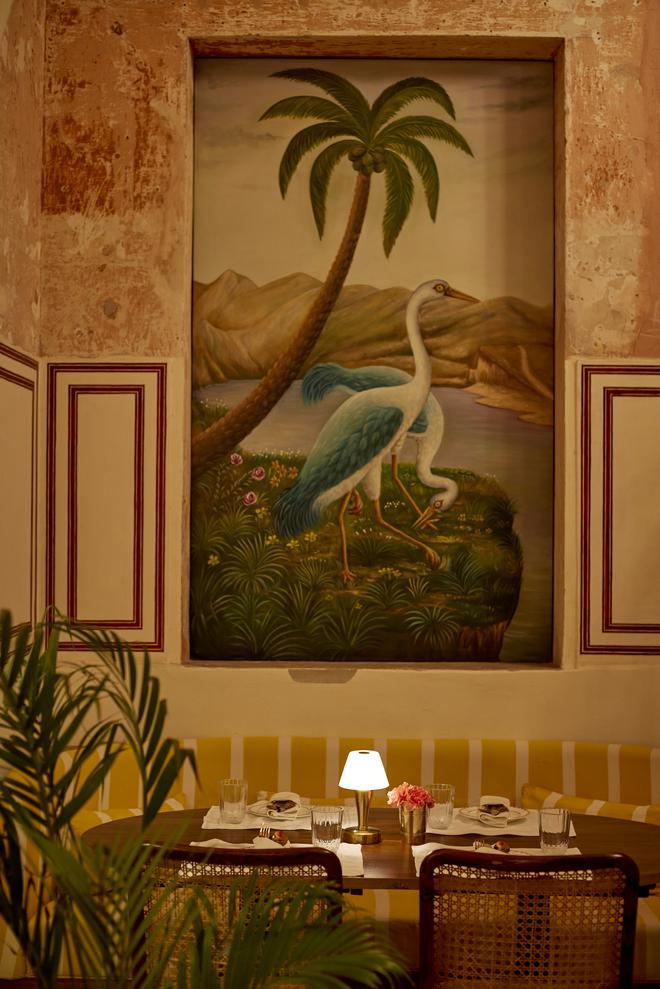
Cocktail culture is undergoing a noteworthy surge in Jaipur. While it might not be firmly defined or as widespread among the city’s residents, there’s an undeniable buzz surrounding it.
“While the term ‘cocktail’ is familiar to many in Jaipur, I’m advocating for a shift in perception beyond the conventional associations like Long Island iced teas and mojitos,” says Abhishek Honawar, The Johri’s founder. It is to be noted that Abhishek is not sceptical about cocktail culture in Jaipur; he feels it has tremendous promise for growth.
The cocktail programme at Johri & Sons celebrates local ingredients, resonating with the essence and emotions of Jaipur. “We’re focussed on infusing innovation into the techniques, elevating the presentation, and ensuring a strong, spirit-forward profile,” says Abhishek.
The launch of this programme in June 2022 was met with an enthusiastic response. At the time, there was not much similar activity elsewhere. However, since then, there has been a noticeable surge in the popularity of crafted cocktails, feels Abhishek, who asks me to try their most popular cocktail, Nazariya. A variation on the negroni, it features clarified watermelon, vermouth, bitter, and gin. The resulting fusion is a narrative of India, meticulously tailored to resonate with The Johri’s clientele.
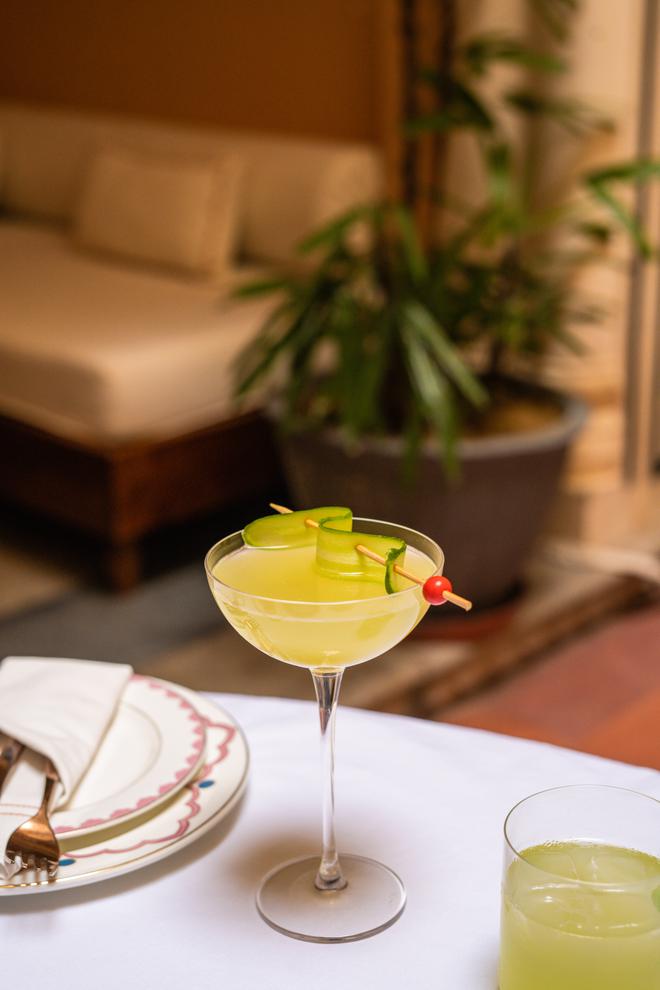
“Nazariya is not just a drink; it’s a celebration of India in a glass. This infusion of cultural storytelling adds a layer of excitement and depth to a patron’s experience,” he says, adding: “What sets a place like Jaipur apart is the opportunity it offers to engage deeply with our roots. In bustling cities like Mumbai and Delhi, the cacophony of daily life often distracts us from this introspection. This setting allows us to convey and celebrate the essence of India in our distinctive manner.”
Experimental libations
A 10-minute Uber drive from Johri Bazaar to Ajmer Road offers an exciting opportunity to sample the libations at Native Cocktail Room, a cosy, dimly lit bar with a speakeasy vibe. I order The Nagpur, which comes with orange-infused vodka, Cointreau, honey, and aloe vera with smoke. The cocktail perfectly compliments the mood of the space—easy-going with a hint of complexity. I am told by the co-founder Simran Kaur that the bar’s menu is inspired by different towns and cities in India, especially ingredients local to them.
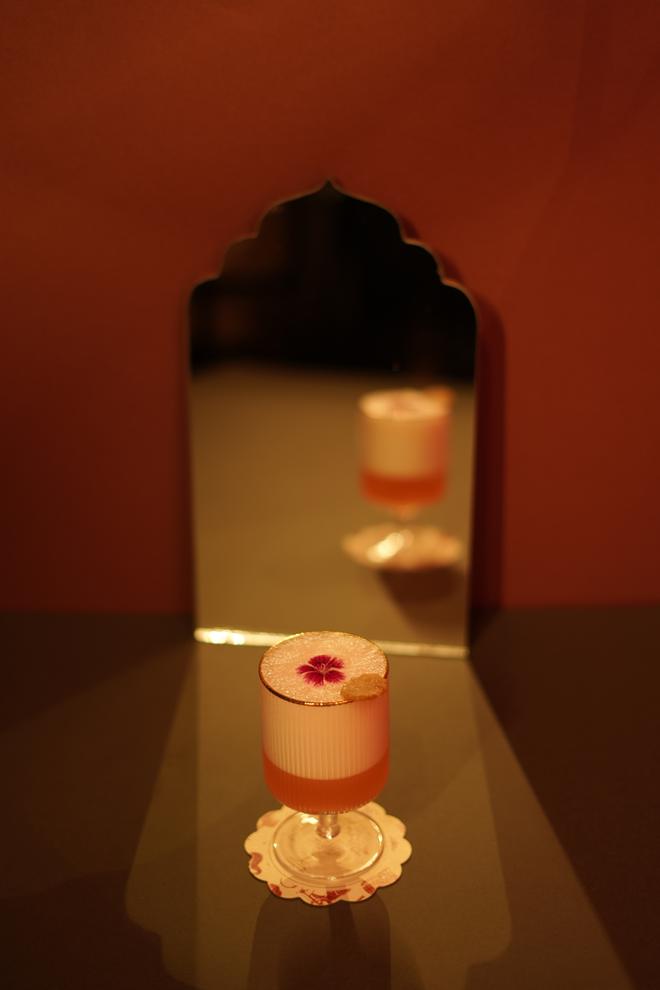
Established in January 2022, Native has become a popular haunt for cocktail enthusiasts in the city. In its second year of operations, Simran says she is looking to take things up a notch. “We started when the concept of a cocktail culture was pretty non-existent. So, our first menu featured cocktails that offered a sort of initiation into appreciating the drink. Now, we want our menu to provide an education to cocktails, introducing our patrons to highballs and spritzers,” she says.
This educational twist not only engages their customers but also imparts a deeper understanding of the artistry and history of cocktails. “Most male drinkers in Jaipur prefer straightforward choices like whiskey soda, while the female clientele opt for wine. My husband, Karan, and I decided to personally speak to our patrons and introduce them to cocktails during the first few days of launch. Education is key to converting people into cocktail lovers,” says Simran, who informs me that 90% of their revenue is from cocktails alone.
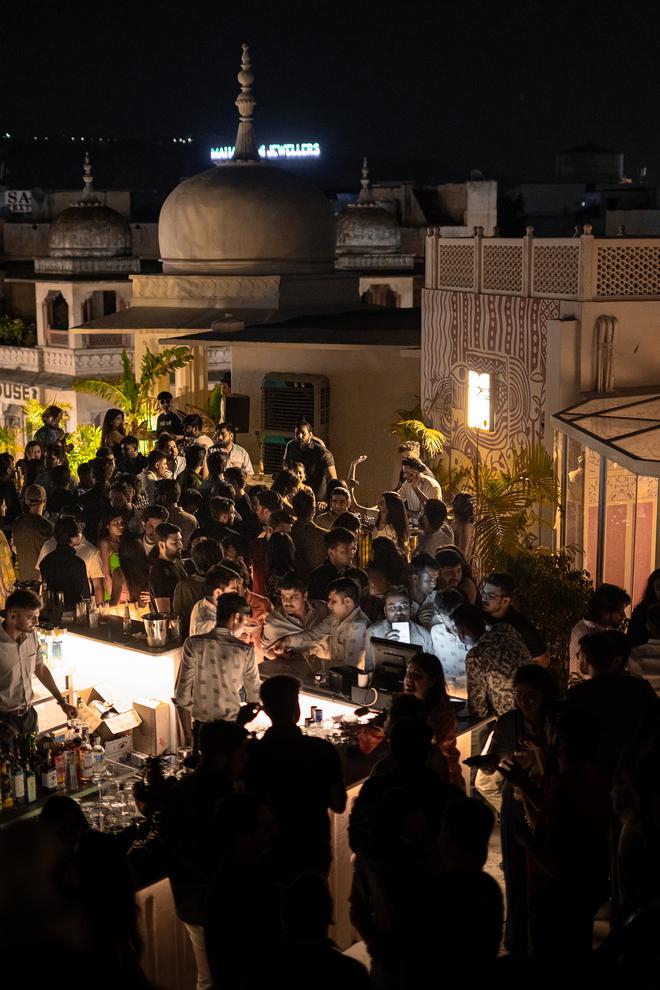
In the mushrooming landscape of cocktail bars in Jaipur, Paro Modern Indian Bar has become a key player in this subculture of sorts. Established in February this year, the bar’s cocktail programme is influenced by Indian flavours. Bestsellers include Shehar, infused with the delicate essence of rose, Ratnagiri Rhapsody, which combines cumin and kokum, and Garam Masala, which intertwines the robust elements of whiskey, cumin, cinnamon, and ginger into an intriguing fusion. Both these cocktails offer a flavour profile that is not too overpowering and ensures each ingredient is the hero. The balance of sweet, sour, and spice also makes for a heady concoction.
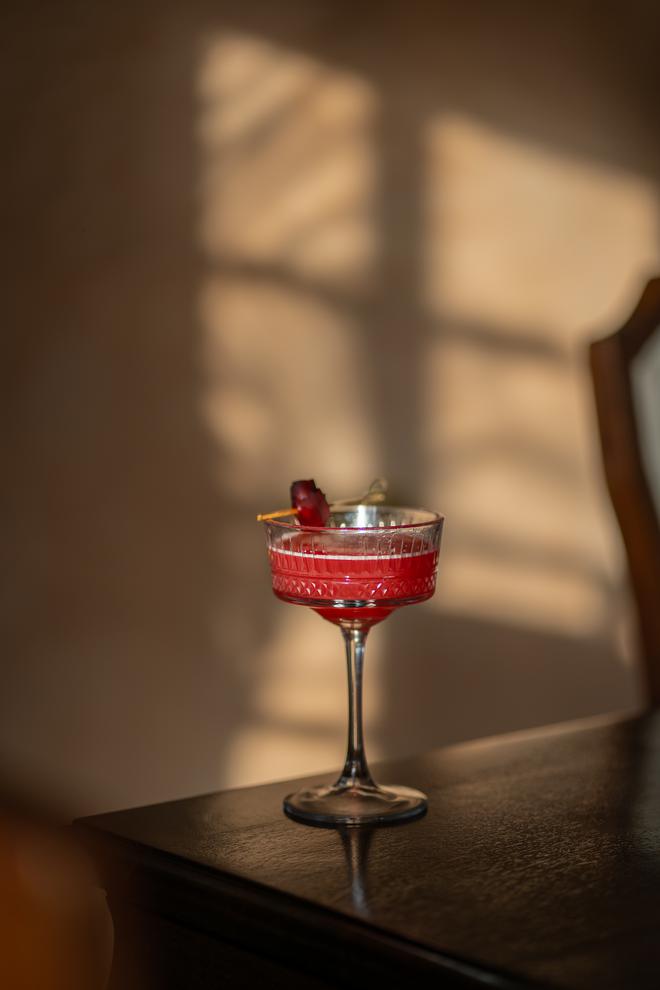
“Given that some patrons may not be confident about ordering cocktails, we allow them to opt for a tasting session, which includes a flight of six cocktails. If you find a cocktail you like, you can express your preference. Perhaps you’d like a touch of sweetness or a hint of lemon. We personalise our cocktails to ensure that your experience aligns perfectly with your palate,” says Ujjwal Gupta, Partner at Paro and a cocktail enthusiast.
A burgeoning market
Arijit Bose, who co-founded Countertop India — a consultancy focussed on developing the F&B industry — in 2020 believes the allure of visiting Jaipur for cocktails may not have been as prominent in the past as it is now. The appeal includes the setting and ambience of heritage havelis and palace hotels. “While bars existed earlier, they weren’t necessarily known for offering vibrant and enjoyable experiences,” he says.
Jaipur’s status as a smaller satellite city has also played a role in this evolution. It took time for the city to transition and cultivate its own identity in terms of entertainment and social spaces. A noteworthy turning point seemed to occur around 2014-2015, Arijit says, when an entrepreneurial wave swept through. Individuals from Jaipur began venturing to Delhi and setting up various small-scale businesses — be it in fields like public relations or even chocolate making. This phenomenon sparked a transformation within Jaipur itself.
“Jaipur’s progression with cocktail culture might be somewhat gradual, which isn’t necessarily due to any inherent limitation. It’s more a factor of the city’s distinct context. Compared to Pune, which is close to Bombay and shares similar dynamics, Jaipur doesn’t have that advantage. The proximity of Pune to Bombay results in a substantial interchange of trends and experiences, fuelling the rapid development of its hospitality and entertainment scenes. This isn’t the case with Delhi’s connection to Jaipur, which isn’t as seamless,” says Arijit.
Although it remains uncertain whether Jaipur can effectively leverage this newfound enthusiasm for its cocktail culture, it is heartening to observe that this emerging trend, albeit gradually, contributes to the distinctive character of the city.







